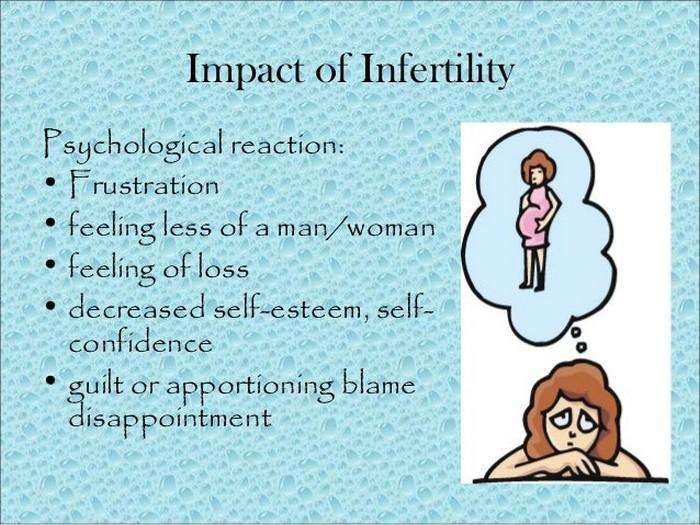Male fertility has been a topic of significant interest due to its major contribution to overall fertility issues. An exploration into the diverse causes of male infertility can provide greater insight and pave the way towards suitable solutions.
Male Fertility: Breaking Down the Basics
Before delving into causes, understanding the components of male fertility is necessary – from sperm production to its quality and delivery mechanisms.
It’s All About the Sperm: Quality, Quantity, and Motility
Here lies the crux of male fertility. The focus will be on what constitutes healthy sperm, the perfect count, and the significance of their potent movement.
The Roadblocks to Fertility in Men
Several factors can impede male fertility. These range from medical conditions and hormonal imbalances to lifestyle choices and environmental influences.
Medical Causes: When Health Conditions Shadow Fertility
Several health-related conditions can directly affect male fertility. Disorders like varicocele, retrograde ejaculation, infection, tumors, undescended testicles, and certain sexually transmitted infections can play a significant role.
Hormonal Imbalance: A Silent Saboteur
Hormones are the unseen heroes of fertility. Imbalances in key hormones, such as testosterone and gonadotrophins, can adversely affect fertility in men.
The Lifestyle Factors: The Role of Choice
Lifestyle choices can considerably impact sperm production and quality. From smoking to alcohol, drug use, weight, and stress, these seemingly unrelated factors can influence a man’s fertility.
The Unseen Enemy: Environmental Causes
Exposure to certain environmental factors like industrial chemicals, heavy metals, radiation, and overheating of the testicles can potentially lead to infertility.
Assessing Male Fertility: Tests and Diagnosis
Diagnosis is a significant step in addressing male infertility. Analyzing semen samples, hormone testing and genetic testing are utilized to determine the causative factor.
Turning the Tide: Treatment Options for Male Infertility
Addressing male infertility involves multidimensional approaches, ranging from medication and lifestyle modifications to surgical procedures and assisted reproductive technology.
Medications: Altering the Biochemistry
Depending on the underlying issue, testosterone replacement therapy, antibiotics, or medications for erectile dysfunction may be used.
Surgical Procedures: Correcting the Physical Anomalies
For physical obstructions or varicocele, surgical procedures can rectify the problem and improve sperm motility.
Assisted Reproductive Technology: Helping Nature Along
When all else fails, assisted reproductive technology (ART) offers a potential solution. Techniques such as Intrauterine Insemination (IUI) and In Vitro Fertilization (IVF) can aid in achieving pregnancy.
The Emotional Journey: Dealing With Male Infertility
Male infertility takes more than just a physical toll; it encompasses psychological and emotional dimensions too. The need for proper counseling and a strong support system is essential.
Conclusion: Rising Above Male Infertility
Male infertility, while distressing, is not insurmountable. Exploring its various causes and understanding the available treatment options enables an informed and proactive approach towards overcoming this complex issue.
Male infertility constitutes a significant proportion of fertility problems among couples striving for conception. It may initially come across as an insurmountable problem, leading to feelings of despair and frustration. However, with rigorous research and advances in medical science, it is heartening to note that male infertility can be effectively addressed in most cases.
Understanding the myriad causes of infertility allows for a personalized treatment approach. From medical interventions to lifestyle modifications, a man with fertility issues has multiple strategies at his disposal. While some issues can be resolved through simple changes such as diet adjustments, stress management, and avoidance of harmful substances, others may require more targeted medical treatments.
























